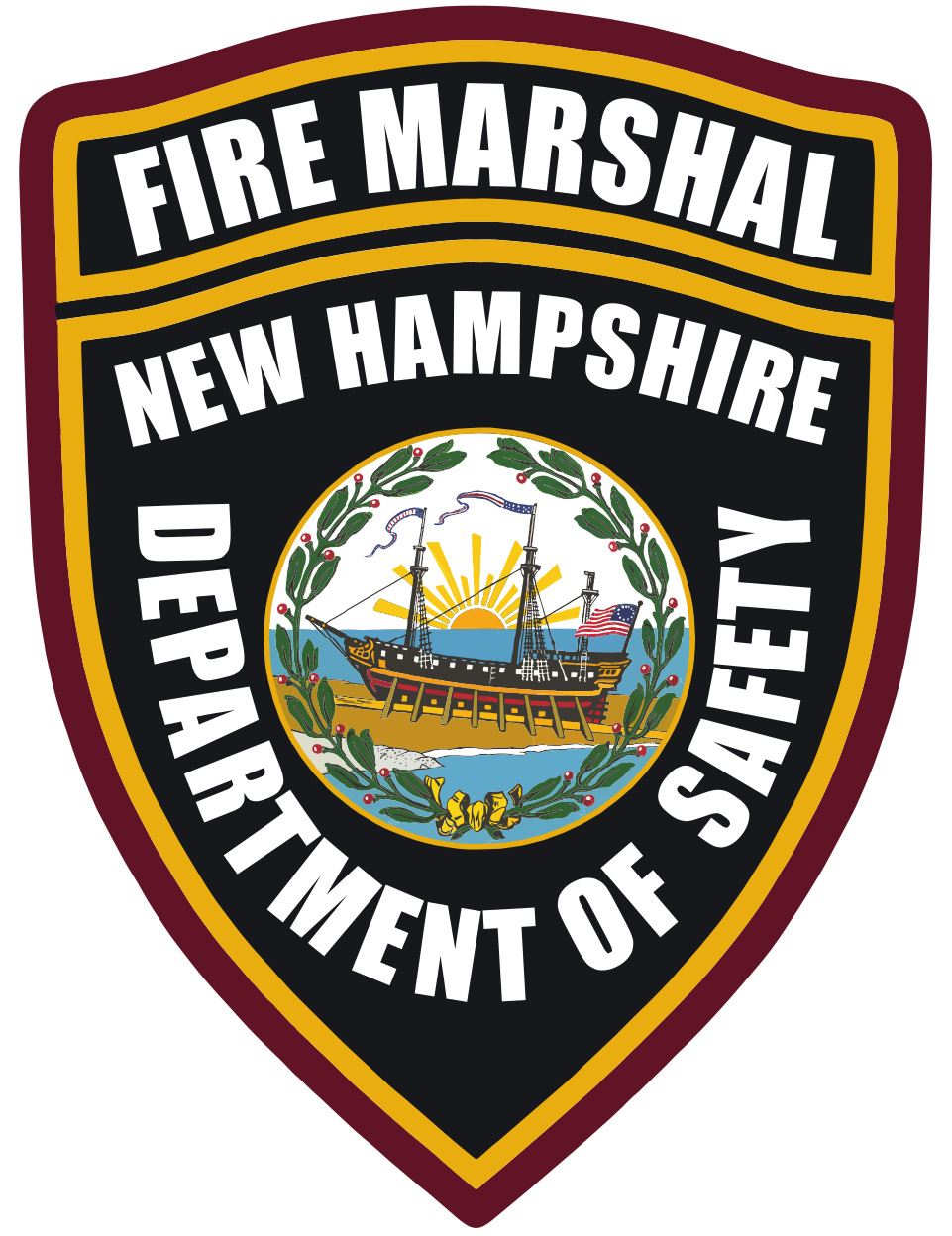Right to Know (91-A) FAQs
Find answers to commonly asked questions related to New Hampshire’s NH RSA 91-A.
What is a "government record?"
A government record means any information that has been created, accepted, or obtained by, or on behalf of, any public body or agency during its official functions. This includes written communications and other information in paper, electronic, or other physical form.
What types of documents can I request under RSA 91-A?
Only pre-existing records are required to be released under the Right-to-Know Law. This means you may only request documents which already exist, and the NH FMO is not required to create any information that is not already maintained or readily available. This also means you may not make any requests for future documents.
Types of records you may request include, but are not limited to, e-mail, text messages, meeting minutes, and documents such as reports and contracts.
What records are exempt from release under 91-A?
There are several exemptions provided by the Right-to-Know Law, meaning NH FMO is not required to disclose them to the public. The full list of exemptions can be found in RSA 91-A:5.
Is Right to Know the same as the Freedom of Information Act (FOIA)?
No, FOIA is similar, but not identical to, the Right to Know law. FOIA applies only to federal government departments and agencies; it does not apply to the State of New Hampshire agencies, county or municipal public bodies, or other public agencies. Likewise, NH RSA 91-A does not apply to the federal government.
Any requests made to NHFMO citing FOIA will instead be addressed by NHFMO under the provisions of the Right to Know law.



